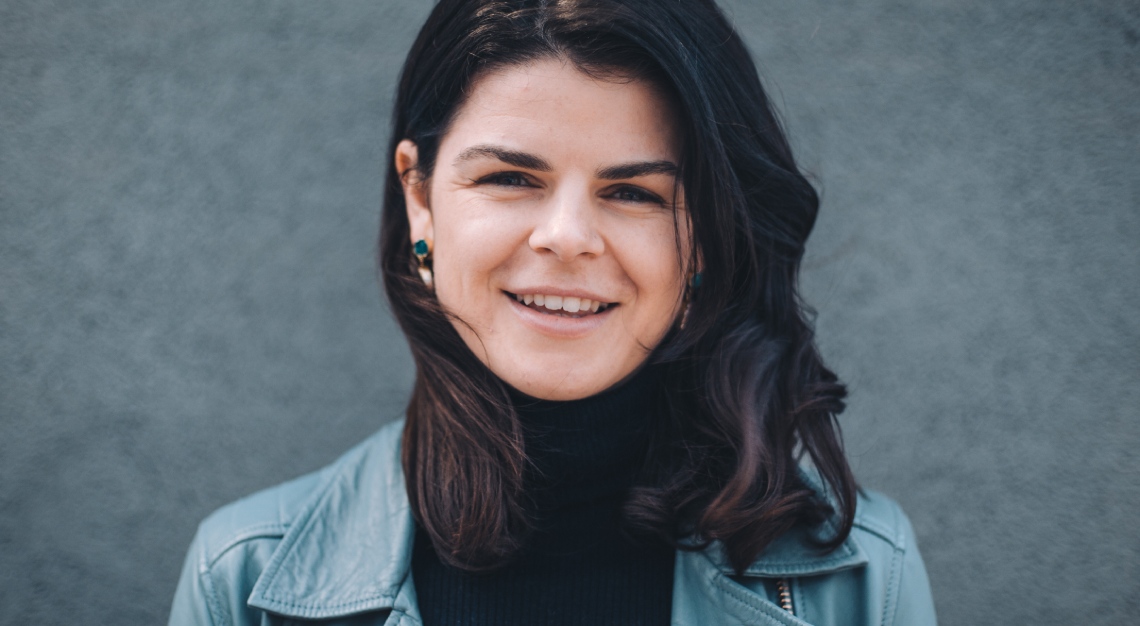The local startup not only provides funding for budding entrepreneurs, but also connects them with the right mentors
While most incubators and accelerators focus on ideas, Magnus Grimeland, founder and CEO of new startup generator Antler, has decided to focus on helping aspiring entrepreneurs find the right co-founder instead.
Contrary to the popular belief that companies fail because of a bad idea, Grimeland believes that it is the lack of talent, tenacity and drive in the people running it that causes it to collapse.
Grimeland, who is also the co-founder of fashion e-commerce company Zalora, launched Singapore-based Antler in April, after closing a US$3 million (S$4 million) seed round, to focus on finding the right people who have what it takes to build a successful business and provide them with funding and a network of experienced advisors to make it happen.

What gap does Antler plug in the startup ecosystem?
We’re in this unprecedented shift where the technology is disrupting the business world faster than ever before. Fortune 500 companies used to have an average life span of 60 years in the 1950s, now it’s down to under 20 years. Airlines took around 67 years to get 50 million customers; it took (game app) Pokemon Go 19 days.
There are people with the ambition to change the world but there isn’t a platform where you can gather these people, ensure they’re working on the right ideas, get them into the right teams and support them with a world class network of advisors and functional expertise such as marketing and technology to be as successful as possible. Antler aims to be that platform.
Give us the details and numbers. How exactly does Antler help entrepreneurs?
We’ve selected a group of 55 applicants who’ll join our programme on 2 July. This is the first round, and it’ll run for five months. Each applicant will receive a monthly living stipend of US$4,000 (S$5,340) for the first two months and access to legal, IT and other administrative resources in the programme. Business ideation sessions are organised for applicants to find their co-founders and the founding teams that eventually emerge will have the opportunity to access funding from Antler’s board of investors.
Antler will select the most promising companies for pre-seed funding, where it makes an investment of US$100,000 (S$133,000) in return for a 10 per cent equity stake. We aim to have between 15 and 20 companies by the third quarter.
How do you go about selecting the ‘right people’, considering you’re aiming for 20 companies by end September?
What you’re able to achieve comes down to the people executing the plan. In a start-up, it’s people who choose the idea, get the funding and troubleshoot problems. If you’ve the right people working on the right thing, you’re going to make a great company. The advisors/co-founders are also people who’ve journeyed down the same entrepreneurial path.
Besides the standard criteria on background and experience, there are two important things we look for: drive and tenacity. How much energy are you willing to put into this to make it happen and what happens the moment you have problems? We also look for a clear spike, something that the candidate is much better at than the majority of the population, such as being extremely strong in performance marketing or have amazing leadership qualities. You want people with different spikes put together in complementary teams.

How does Antler connect HNWIs to these entrepreneurs in a meaningful way?
HNWIs have always played an important role in innovation, exploration and bringing civilisation to the next level. Some of the early examples of polar expeditions and exciting innovations were often funded by HNWIs. By connecting these HNWIs and ‘mentors’ to those joining Antler, they’ll be able to meet these company founders through networking sessions and bring ideas to fruition.
What advice would you give to someone who wants to start a business?
Ensure that you’re building a company with other people who have all the skillsets you don’t. You don’t want to build alone.
Spend a lot of time thinking through what you want to build. Talk about it with other industry experts. If they don’t shoot it down, it’s probably a pretty good idea. If they do, you’ll learn how to make it better.
Scale fast. Get out there in the market as quickly as you can instead of entering a three- to four-year development phase. You want to see whether there’s validation of your ideas and you rather see it within six months.
Give it your 100%. What’s the excitement in building a business at the side?



